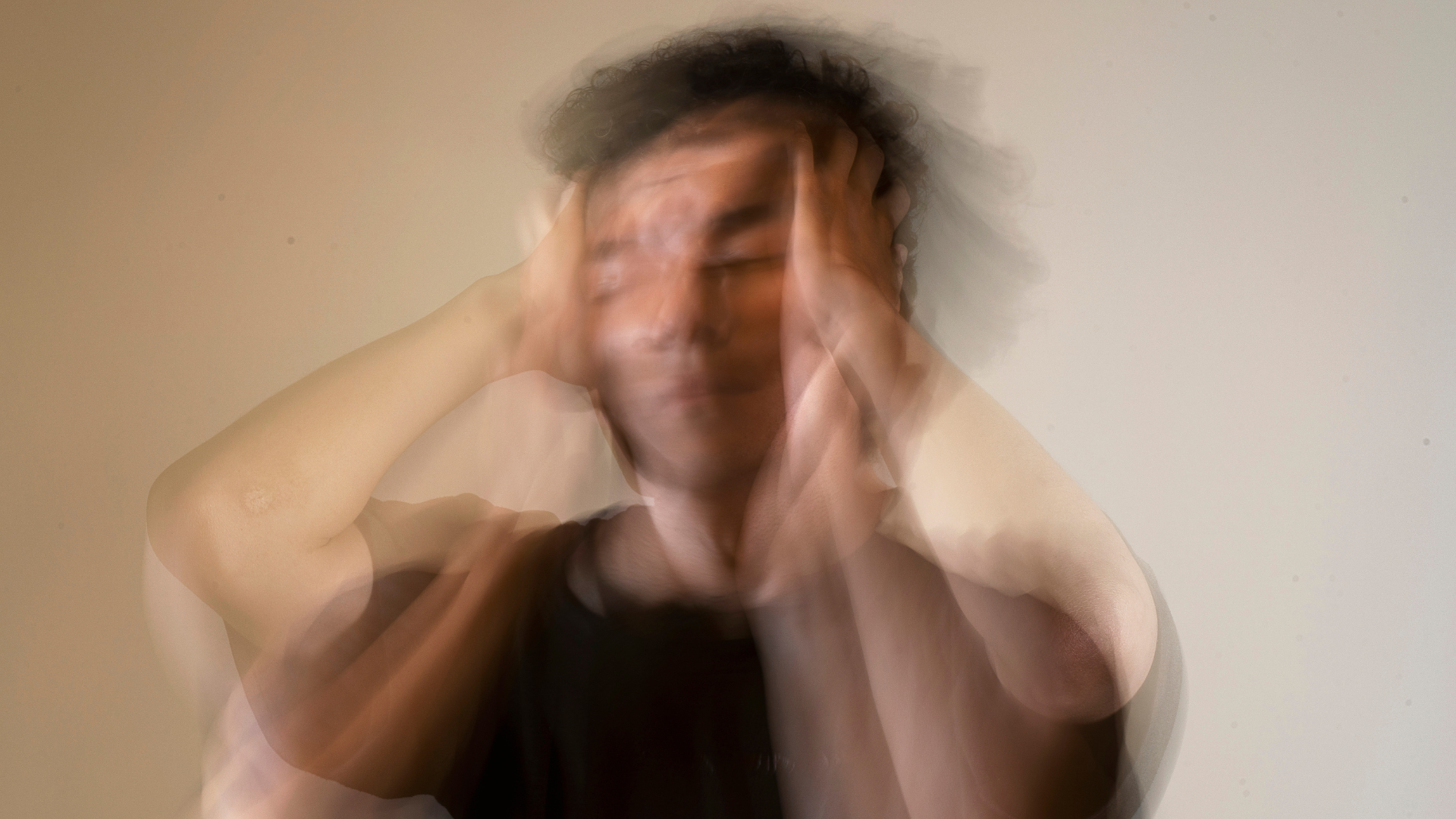Breaking the Cycle: Proven Strategies for Managing Chronic Anxiety"
Breaking the Cycle: Proven Strategies for Managing Chronic Anxiety
Chronic anxiety is one of the most difficult mental health conditions to manage. It can make you feel like you're going crazy, and it may even disrupt your ability to function in your daily life. By breaking the cycle with the proven right strategies, you can learn how to cope with chronic anxiety and break the cycle. Here are some proven ways (and results) that helped me beat my chronic anxiety:
Know what triggers your anxiety
Know what triggers your anxiety.
What is the trigger? How does it make you feel?
Can you avoid or manage it in some way? If so, how? If not, what can be done to help alleviate its effects on those around you (for example, if a particular sound makes me anxious and irritable, I might ask my partner to avoid playing music with lyrics in their car when driving with me)?
Are there any other triggers that could contribute to this cycle of anxiety-based behaviour and habits (for example, do certain foods affect your mood or energy levels)?
If so, what are they? How do these triggers make you feel? Can you avoid or manage them in some way? If not, what can be done to help alleviate their effects on those around you (for example, if dairy products and sugar make me anxious and irritable, I might avoid eating them for a week or two)? Do the people in your life understand why certain things trigger anxiety for you (for example, my partner knows that I have panic attacks when we drive through tunnels or underpasses; he understands that this is not due to claustrophobia but rather an expression of my anxiety)?
Set reasonable goals for yourself
One of the best things you can do for yourself is to set reasonable goals. It's easy to get caught up in the idea that you need to make big changes right away, but if this is your first time trying to manage your anxiety and panic attacks, it may be better to start with something small.
You don't want your goal-setting process to be overwhelming or even impossible; you want it to feel realistic enough that it gives you a sense of hope and accomplishment when you achieve it. For example, "I'm going through this difficult time right now; however, I know that things will get better." Or: "I'm not feeling so well today, but tomorrow will be better!"
Set goals and celebrate achievements! It’s important to celebrate your achievements as well as set new goals. This is a great way to reinforce the good things you are doing and give you something positive to focus on when life gets tough S.M.A.R.T Goals! S.M.A.R.T. goals are an acronym for Specific, Measurable, Attainable, Relevant, and Time-Bound.
Participate in social activities that you enjoy
While it may seem like a no-brainer, socialising can be an important part of your treatment. While you might not be able to go out every night or take up new hobbies immediately, starting as soon as possible is important. Even if you don't feel comfortable being around people at first, try going somewhere where there will be other people but also something interesting for you (like a museum or art gallery).
You'll feel better when you leave the house and enjoy some fun activities with friends, and who knows? Maybe one day those feelings will spill over into other parts of your life too!
Reduce exposure to negative media
Negative media can be a major source of stress and anxiety. TV shows and movies, for example, often feature characters who are anxious or depressed and may portray these mental illnesses as an inevitable part of life. The news often highlights negative stories about crime, violence, and terrorism.
The best way to reduce your exposure to negative media is by avoiding it altogether when possible (for example, by not watching the news). If you do choose to watch or read something that might cause your anxiety to spike up again after you've calmed down from an attack or panic attack episode, then make sure it's only for short periods. You might also want to consider talking with someone else after watching something stressful so that they can help remind you how things are in reality and what steps can be taken next time this happens again!
The next step is to learn how to control your thoughts and emotions. This can be done by learning relaxation techniques such as deep breathing, meditation, or yoga. It's also a good idea to start keeping track of when you're feeling stressed out so that you can identify situations in which your anxiety increases.
You might want to try keeping an anxiety journal where you write down what happened at the time of each panic attack episode and how long it lasted (usually only minutes) This will help you learn when and how to avoid panic attacks in the future. You'll also want to keep track of your symptoms so that you know what triggers them (such as certain foods, stress, or lack of sleep) and can avoid them in the future.
Don't ignore physical symptoms of anxiety
Physical symptoms of anxiety can be a major problem for those with chronic anxiety. While physical symptoms can be a sign that you're experiencing an anxiety attack, they are also something that should be addressed and managed on their own. The key is to understand what the symptoms mean so that you know how to handle them if they happen again in the future.
Physical Symptoms of Anxiety
When our bodies experience stress or fear, we may experience physical reactions such as:
- Shortness of breath (or hyperventilation)
- Chest pain or tightness
- Rapid heartbeat (tachycardia)
- You can beat chronic anxiety
The good news is that you can beat chronic anxiety. It's important to know what triggers your anxiety, set reasonable goals for yourself, and participate in social activities you enjoy. It may also help to reduce exposure to negative media.
If you're having trouble sleeping, try to go to bed at the same time each night and wake up at the same time each morning. If you have a hard time falling asleep, consider limiting caffeine and alcohol intake, reducing stress, and exercising regularly. If you're experiencing anxiety, try to stay calm. Take slow, deep breaths and focus on relaxing your muscles. If you're feeling the symptoms of a panic attack, go somewhere quiet and safe until the symptoms pass. It's also important to seek professional help if your anxiety persists or worsens over time.
Anxiety is a complex condition, and the best way to manage it is by getting professional help. But if you're not sure where to start, or if your anxiety has become so overwhelming that you don't know how much longer you can cope alone, then these strategies can be a great place for us all to start.

